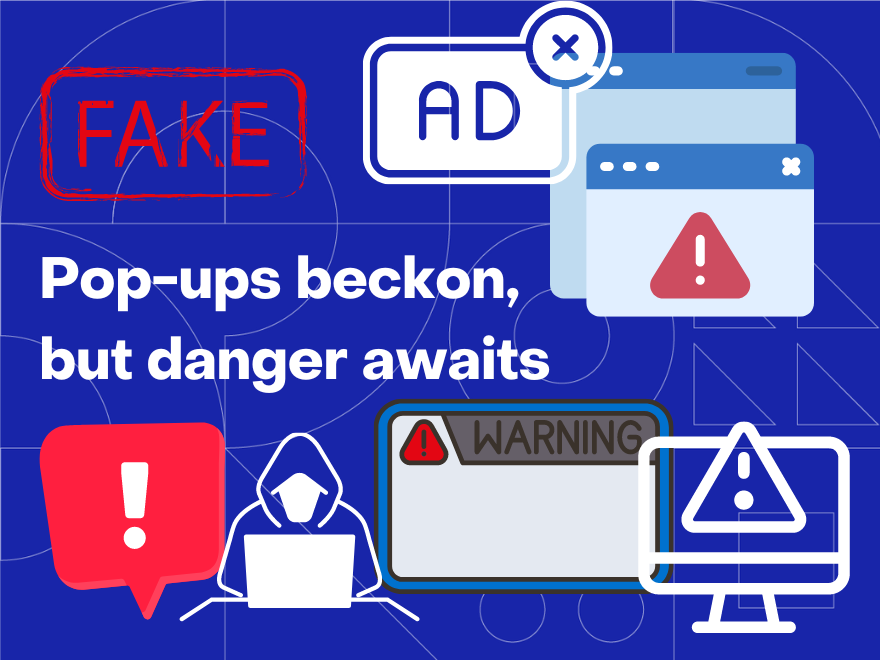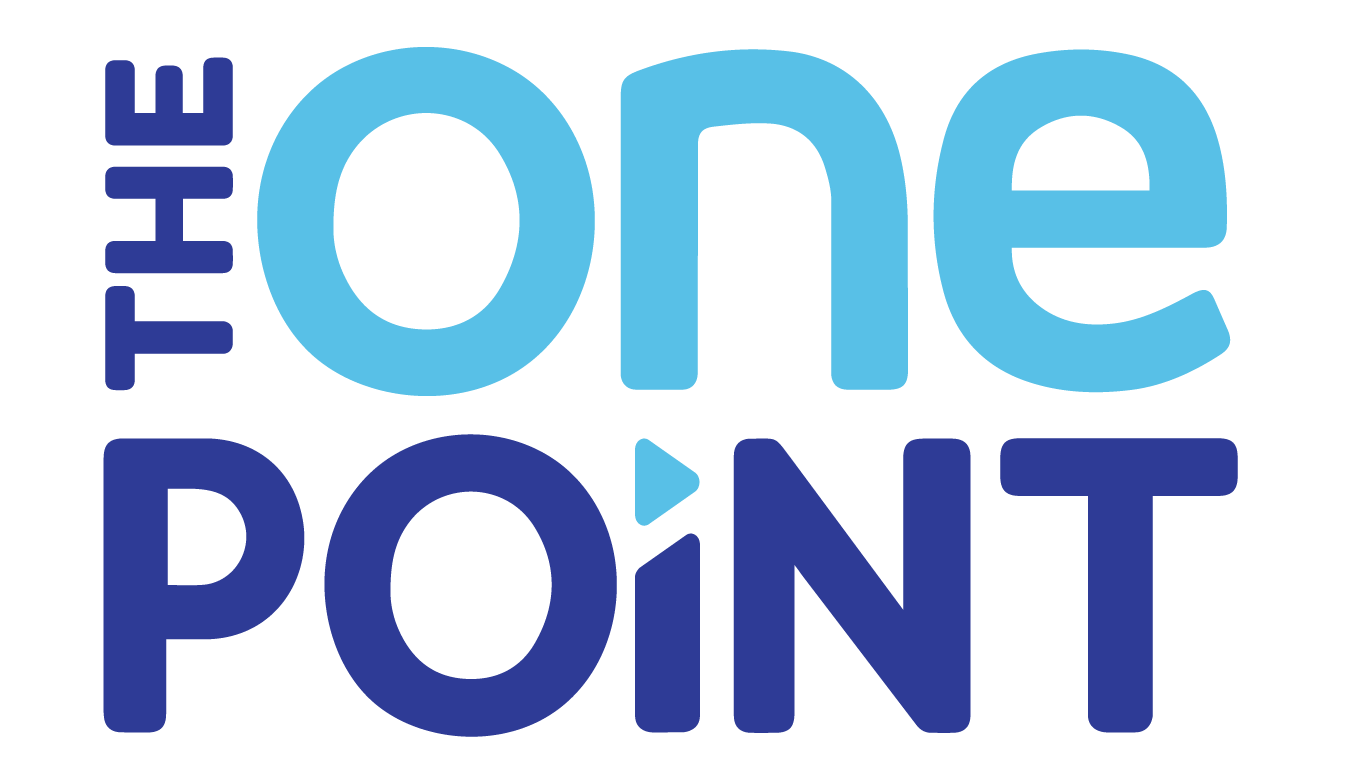
Pop-ups beckon, but danger awaits – think twice, click wise.
Modern browsing is widely used by both businesses and customers; however, there is a darker side to the content we are consuming. Threats across the internet come in all shapes and sizes, one of the most common being malicious pop-ups. Odds are you’ve encountered a pop-up once or twice, and there may be times when you’ve thought, “Wow, that’s a great deal”, and clicked on a pop-up. The risk you take when clicking on pop-ups is that they could be dangerous and be made with the intention of stealing your private data.

There used to be a time when malicious pop-ups were exclusive to untrustworthy websites, but those days are gone—the increasing sophistication of hackers and their ability to exploit vulnerabilities in digital ecosystems. Hackers have grown increasingly adept at infiltrating even the most trusted sites, meaning once secure sites could now put your security at risk.
The tactics employed by hackers involve the strategic injection of malicious malware into seemingly safe pop-ups and online advertisements. The malicious code is designed to compromise the security of unsuspecting users. Vulnerabilities can be exploited in web browsers, plugins, or other website components, allowing them to insert harmful elements into the user’s browsing experience discreetly.
One of the most common attacks we see occurs when you visit a site and a pop-up appears that says, “Your computer is infected! Download our antivirus now!” If you click on this, a fake virus scan will start. After the “scan” is complete, you’ll be asked to pay for a full version of the software or to call a helpline to connect with a support helpdesk.
Surprise: The software isn’t genuine, and the helpdesk will remote into your computer and cause even more damage to your computer.
Pop-up attacks can appear anywhere, so it is better to be prepared for them than reactive in your response.

Here’s what we suggest to prevent pop-up attacks.
While hackers continually refine their tactics, users can outsmart them by implementing robust cybersecurity practices. Here are our top tips to fortify your digital defences.
– Avoid clicking on pop-ups – even if the pop-up looks legitimate, it may always be speculative. It may look like something you want, but hackers can manipulate search history to place relevant pop-ups with specific users.
– Update your operating system regularly – avoid postponing updates or snoozing your system to prevent them.
– Use web-filtering software – to warn you before accessing potentially harmful websites.
Remember, these attacks are only successful if we fall for them; staying vigilant, informed, and proactive can significantly reduce your susceptibility to online threats.
Stay alert and be cautious!
